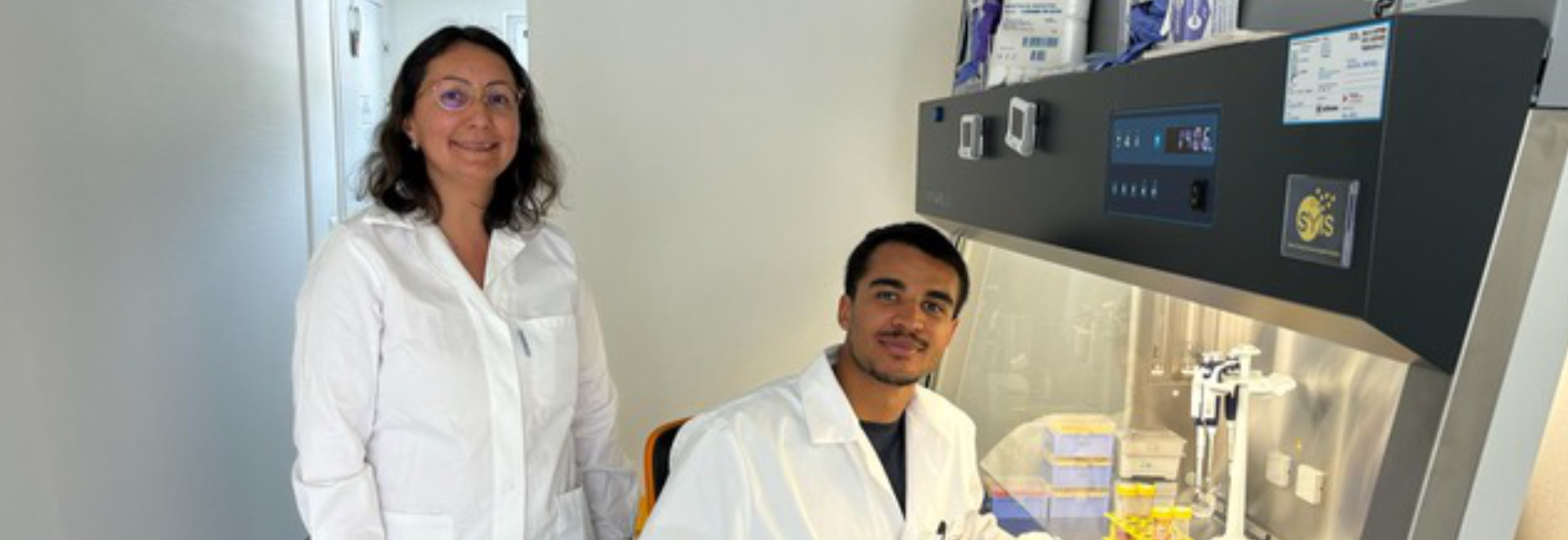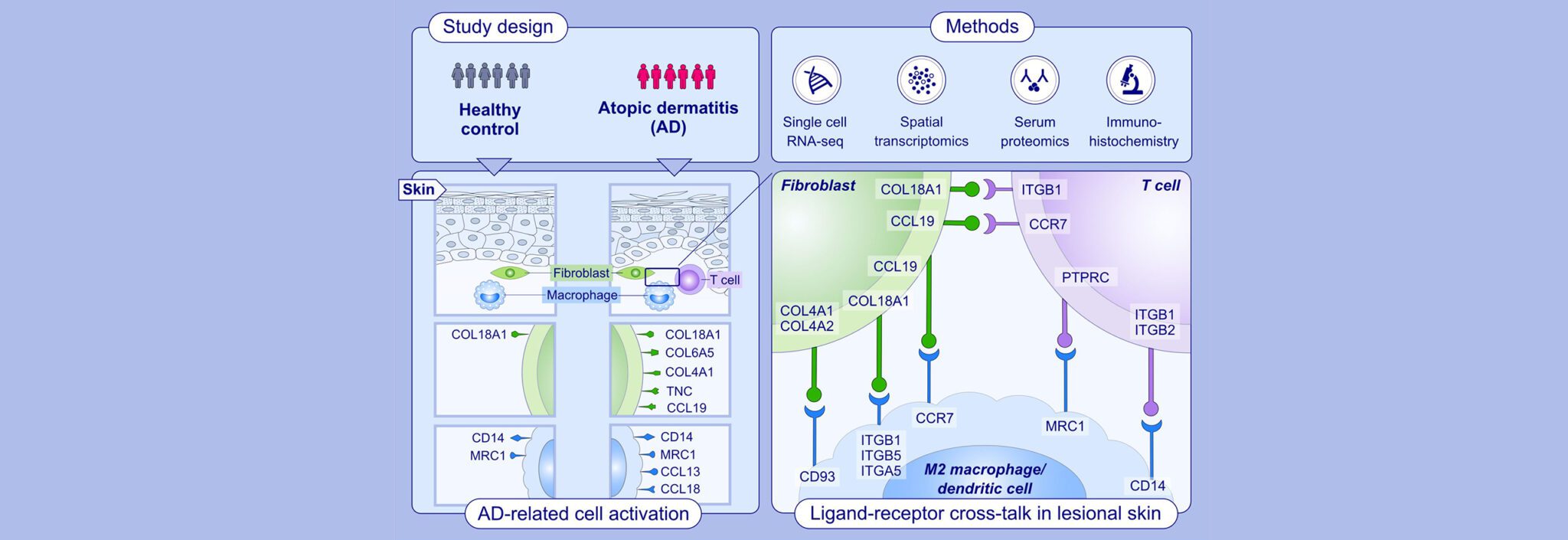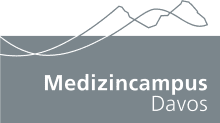Around 30% of children suffer from allergies nowadays. These often start with so-called “childhood eczema”– neurodermatitis – as early as infancy. The symptoms of allergy sometimes disappear, but sometimes the condition deteriorates and additional symptoms occur, i.e. hay fever, asthma and food allergies may develop.
What prevents an allergy from developing in childhood?
This key question is being addressed in a CK-CARE research project. Why does our immune system develop a misdirected inflammatory reaction to harmless substances that surround us every day and actually do us no harm? Our modern lifestyle certainly encourages allergy development – that much is known. Our diet, the move away from an agricultural way of life, excessive hygiene, the use of pharmaceuticals, etc., all combine as contributory factors. However, diet in very early childhood plays a crucial role in whether or not a person develops an allergy, as discovered by CK-CARE – and other research teams worldwide. Hence the digestive has a decisive part to play. As knowledge in this field is still very limited, CK-CARE is conducting what is known as an observational study on the development of allergy in childhood.
Children are being observed from newborn infants up to 3 years of age: this includes keeping a “food diary”, investigating the environmental conditions and regularly checking the children for allergy symptoms. Microbial colonisation of skin, throat and bowel is identified and the function of the immune cells in the body is analysed. Breath tests are carried out and breastmilk is tested. The completed questionnaires are scanned, the data are exported, then transferred in anonymised form to the central CK-CARE study database.
Targeted laboratory testing of substances that might suppress allergies
Based on early research work, it was possible to treat allergies with short-chain fatty acids (e.g. ingredients of butter). In collaboration with the SIAF, Davos, the team has now investigated in the laboratory whether treatment as early as pregnancy might be helpful. In addition, experiments are being conducted to study a potential effect of these fatty acids on inflammation of the bowel.









